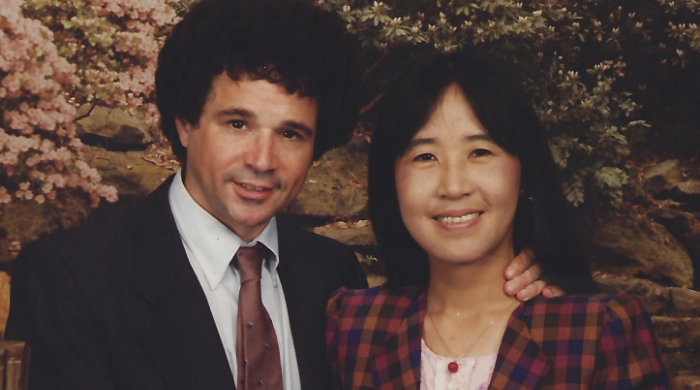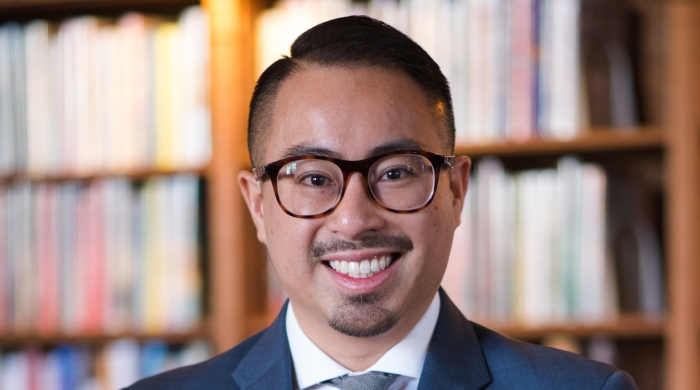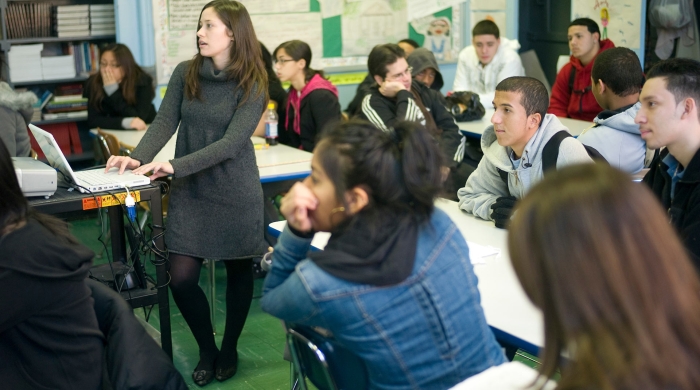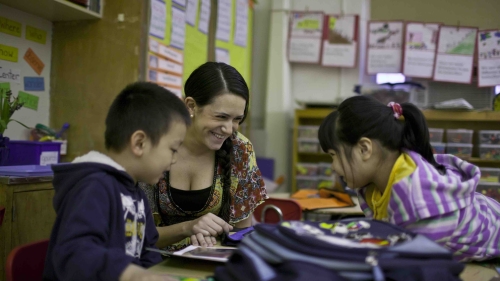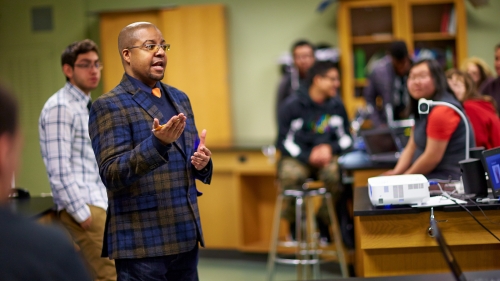A research team helmed by Okhee Lee, professor of childhood education, has received a $3 million grant from the National Science Foundation (NSF) to develop a framework for justice-centered STEM (science, technology, engineering, and math) education for multilingual learners in middle school.
The project seeks to develop a conceptual framework for multidisciplinary STEM education with multilingual learners to address pressing societal challenges. Over the next four years, Lee and her team will translate this framework into classroom implementation. Two of the principal investigators are Alison Haas, director of development and implementation at NYU SAIL (Science And Integrated Language) Research Lab, and Scott Grapin, assistant professor at the University of Miami. Both are 2020 PhD graduates of NYU Steinhardt's Teaching and Learning.
Lee has a long record of advancing equity in science education. In 2011, she was tapped to lead the Diversity and Equity team for the Next Generation Science Standards (NGSS). In 2016, New York State adopted the P-12 Science Learning Standards, which mirrored the NGSS, for which Lee served on the writing team.
Lee’s new research, Developing a Multi-Disciplinary STEM Education Model for Multilingual Learners That Meets Societal Challenges, will begin to shape how STEM can help the next generation of students move forward in a world where STEM and social justice intersect.
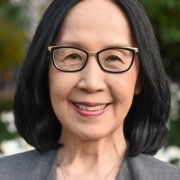
Societal challenges facing the world today and into the future are complex and require multidisciplinary solutions, and we want to be sure we are creating generations of citizens as well as STEM experts who can solve these problems in effective and just ways.
“The contemporary science standards we developed a decade ago give all students agency and opportunity to explain why natural phenomena happen and how to design solutions to problems as scientists and engineers,” says Lee. “As we look to the future, we want to design a justice-centered STEM curriculum so that students become informed, responsible citizens who can address societal challenges through STEM.”
For example, contemporary science education would have students examine the science of what happens in a landfill when garbage begins to decompose, such as the chemical reactions that produce the smell of garbage. In Lee’s new research, students would also investigate justice-focused questions, such as why landfills are usually located in poorer communities and what that means for air quality for those residents.
Lee’s justice-centered STEM education framework will incorporate computer science and data science to not only help students prepare for careers in these rapidly growing fields, but also design solutions to societal challenges.
“Following the science is necessary, but not sufficient,” says Lee. “You have to think about the people, too, such as how COVID-19 contributed to racial and ethnic disparities in healthcare. Societal challenges facing the world today and into the future are complex and require multidisciplinary solutions, and we want to be sure we are creating generations of citizens as well as STEM experts who can solve these problems in effective and just ways.”
This marks the fifth of Lee’s NSF research grants (totaling $16 million) since she joined NYU Steinhardt in 2011. Her previous grants have supported research on developing a year-long science curriculum to introduce students and teachers to computational thinking and creating a language-focused science curriculum for fifth graders, among other topics.
Related Articles
Generous Gift from Okhee Lee Supports STEM Education with Equity and Justice
Lee’s donation will fund a scholarship and an annual symposium for the field.
Researchers Launch Database with New Classification System for Minority-Serving Institutions in US
The MSI Data Project seeks to counter inaccurate and inconsistent MSI data used by federal agencies and researchers.
Grouping English Learners in Classrooms Yields No Benefit in Reading Development, New Study Finds
Research by Associate Professor of Literacy Education Michael Kieffer casts doubt on the longtime academic practice of segregating students with limited English proficiency.

